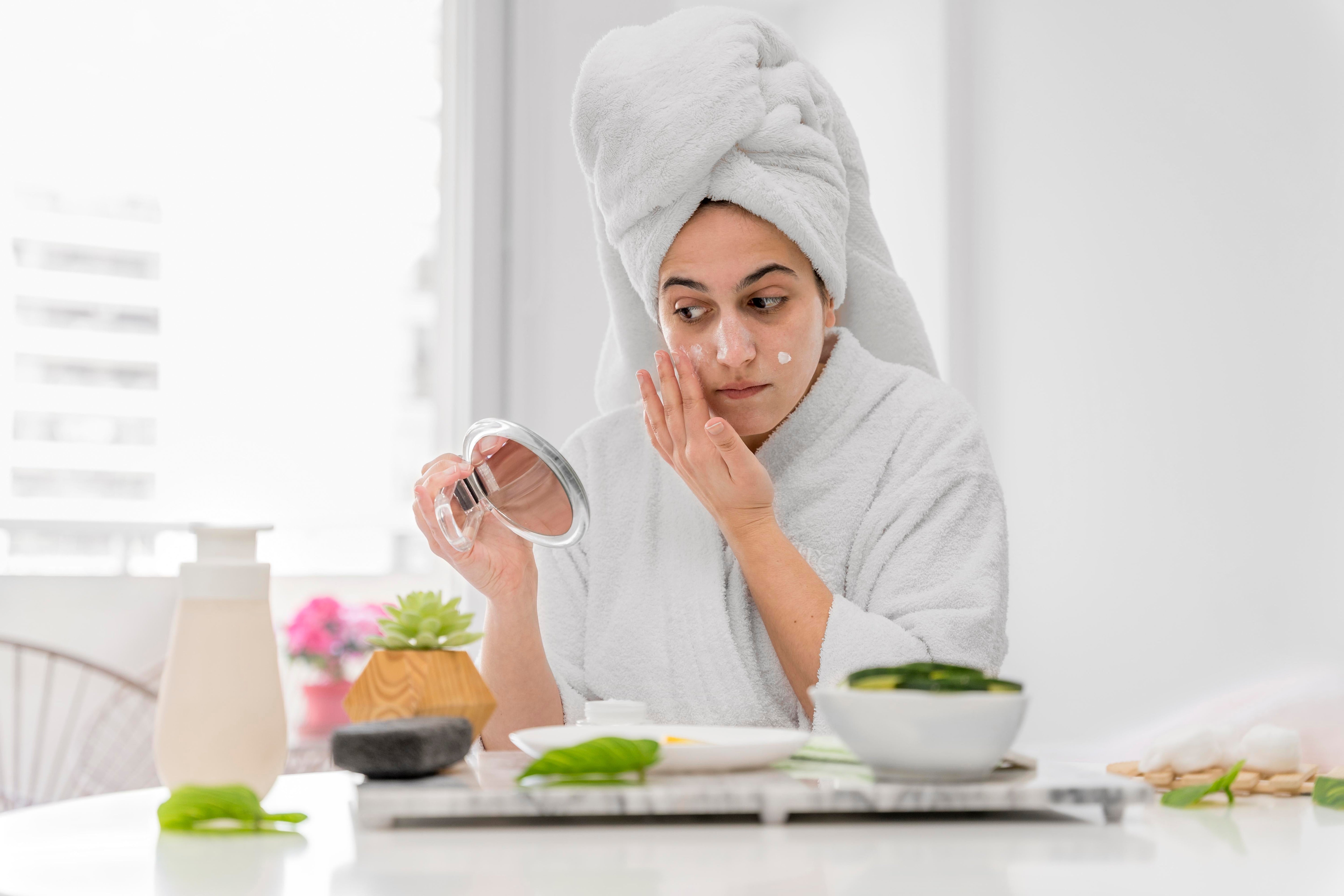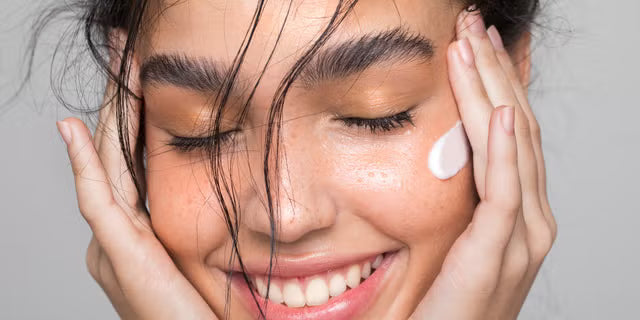
Hydration Tips for Skin in Humid vs. Dry Conditions
Hydration Tips for Skin in Humid vs. Dry Conditions - Dehydrated skin is not just a beauty concern; it’s your skin that needs to be hydrated. One of the key factors people often overlook is the weather. Keeping your skin hydrated is crucial, whether you live in a dry or humid environment, but your skin reacts differently to each climate. Here, we will provide you with everything you need to know about Hydration Tips for Skin in Humid vs. Dry Conditions to make your skincare routine effective according to your skin needs and climate. Stay tuned to know more details!
Understanding Skin Hydration
Skin hydration, the process of increasing the amount of water in the skin or just replenishing the water necessary for the skin to function and look its best, is important for maintaining hydrated skin and will keep your skin from looking and feeling flaky or dry and showing other signs of dehydration.
What it does:
Maintains pliable, supple skin: Hydrated skin is more pliable, or less likely to have fine lines and wrinkles.
Assists with the natural repair of skin: Hydrating the skin stimulates the skin's natural healing processes that help the body recover from things like small injuries.
Enhances the appearance of skin: Hydrated skin reflects a more uniform skin tone, is healthier looking, and is more radiant overall.
Fights against environmental stressors: Hydration can help to defend your skin from harmful elements like pollution and sun rays.
Hydration Challenges in Dry Conditions
Dry climates, such as deserts and air-conditioned indoor environments, can cause several hydration challenges. Dryness, flakiness, and sensitivity may occur because the dry air evaporates the water from the surface of the skin, making your skin more prone to damage.
Common Characteristics of Dry Climates:
- Low humidity
- High evaporation rates
- Sun exposure
How Dry Air Pulls Moisture from the Skin:
Natural skin barrier: When the air is dry, it pulls the water from the skin, weakening the natural skin barriers that are responsible for retaining moisture.
Lipids and hydration: Natural lipids from the skin that are important for maintaining barrier function and moisture can be stripped away due to the dry climate.
Increased evaporation: Dry air can cause water to evaporate from the skin, causing dryness and dehydration.
Symptoms of Dry Conditions:
Here are several skin conditions that can be caused by dry conditions:
- Dryness and flakiness
- Tightness
- Sensitivity
- Itchiness
- Increased irritation
- Reduced elasticity
- Aggravated skin conditions
Hydration Challenges in Humid Conditions
The skin may appear more hydrated in humid climates due to the moisture present in the air, but excessive humidity can cause hydration challenges. Humid conditions can make your skin oily and may lead to increased oil production that clogs pores and causes acne.
Impact of Humid Climate on Skin:
- Increased Sebum Production
- Clogged Pores
- Skin's Natural Hydration Disrupted
- Sweat-Induced Dehydration
- Humidity Fatigue
Misunderstandings about Hydration in Humid Climates:
Oily skin = hydrated skin: In humid climates, oily skin often increases sebum production, which is not necessary for better hydration and may result in clogged pores.
Humidity alone is not enough for hydration: It is crucial to hydrate your skin through skincare, especially when sweating in humid conditions.
Issues Arising from Humidity:
- Clogged Pores
- Sweat-Induced Dehydration
- Humidity Fatigue
Hydration Tips for Skin in Humid vs. Dry Conditions
Here are some hydration types for skin in weather conditions like humid and dry climates:
Humid Conditions:
- You should opt for a lightweight moisturizer (water-based or gel-based) that would not make your skin feel heavy or sticky.
- Use a gentle hydrating cleanser to effectively remove the excess oil without stripping natural oils from the skin.
- Always apply a lightweight sunscreen to protect against dehydration and sun damage.
- To prevent clogged pores and remove dead skin cells, regularly exfoliate your skin.
- It is highly recommended to drink enough water throughout the day to maintain hydration.
Dry Conditions:
- You can use a humidifier to add moisture to the air, which helps to prevent dryness and keep your skin hydrated.
- Opt for thicker lotions or creams to prevent dryness and lock in moisture.
- After cleansing, apply moisturizer while the skin is still damp.
- You should avoid hot showers because they can strip away the natural oils from the skin, causing dryness.
- Always use a gentle hydrating moisturizer with soothing ingredients
- Sunscreen is necessary to protect skin against sun damage and dehydration.
- Drink plenty of water to maintain the hydration of the skin.
Conclusion
To sum up everything that has been stated so far, the above-given information about the topic “Hydration Tips for Skin in Humid vs. Dry Conditions” states that you should follow certain tips for different weather conditions to keep your skin hydrated and moisturized.
People Also Ask About Hydration Tips for Skin in Humid vs. Dry Conditions
Question 1. How do you keep your skin hydrated in a dry climate?
Answer. To keep your skin hydrated in a dry climate, you should drink plenty of water, use a humidifier, choose hydrating skincare products, and protect your skin from harsh weather conditions.
Question 2. What are the signs that your skin is dehydrated?
Answer. Some common signs of dehydrated skin include dullness, tightness, flakiness, increased sensitivity, lack of plumpness or elasticity, and more.
Question 3. Is hyaluronic acid good for humid weather?
Answer. Yes, hyaluronic acid is good for humid weather. Due to the presence of more water in the air, hyaluronic acid can bring more water to your skin, resulting in better overall skin hydration.
Question 4. What type of moisturizer is best for dry climates?
Answer. In dry climates, you should opt for a moisturizer with quality ingredients such as hyaluronic acid, shea butter, ceramides, etc., to lock in moisture and protect against water loss.








